Omnibenchmark:
Open, continuous and collaborative benchmarking
Workshop BC²
Basel, 11.09.23




Benchmarking:
Why benchmarking and why open, collaborative and continuous benchmarking?
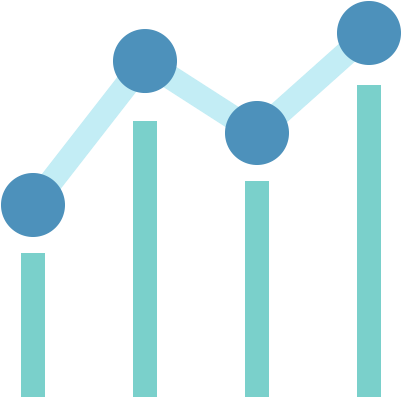
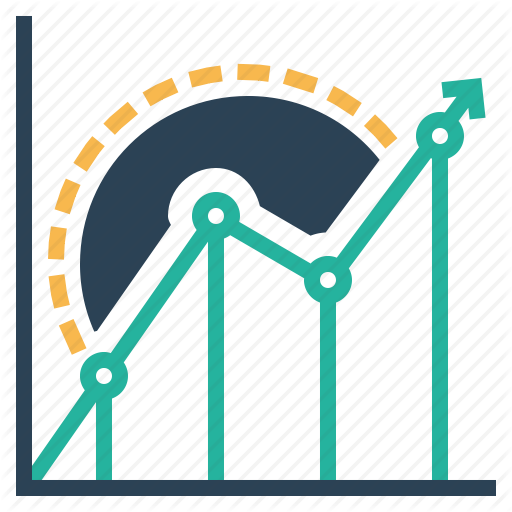
Selecting appropriate computational methods is challenging
https://www.scrna-tools.org
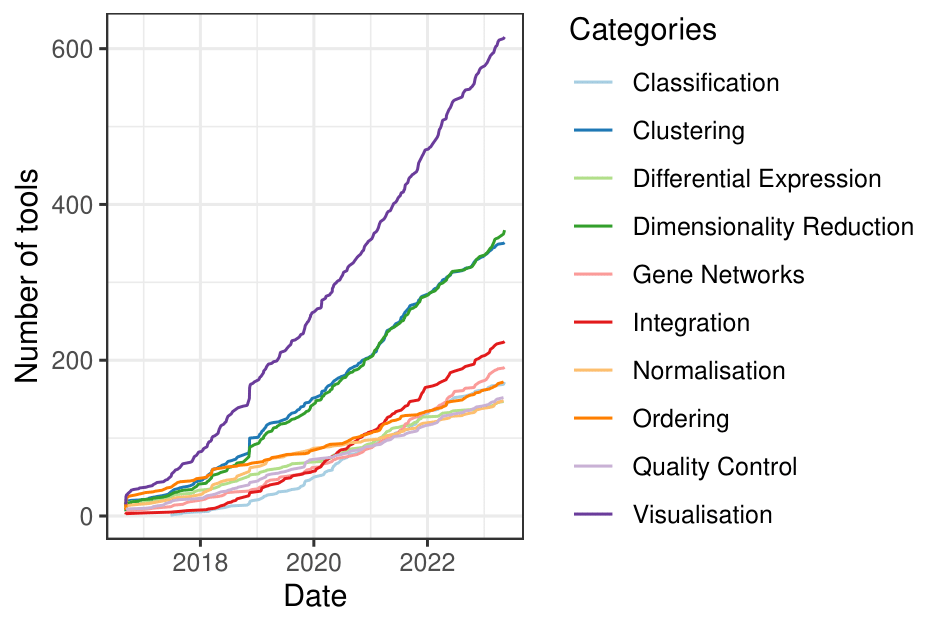
"Non-Neutral" benchmarks:
The self assessment trap
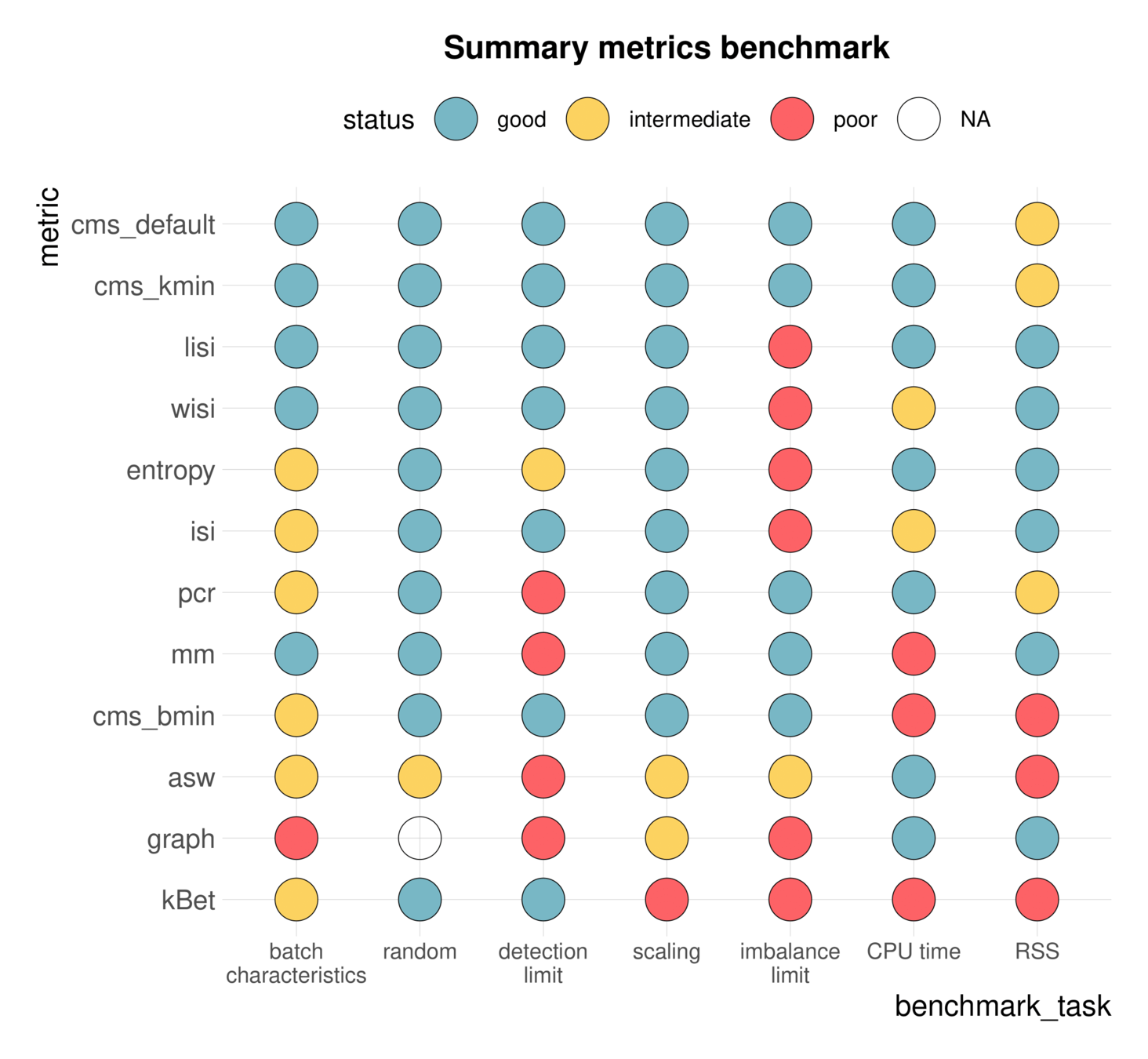

1. cms_default 2. cms_kmin 3. lisi
Lütge A. et al, 2020

Norel et al, 2011
Benchmarking results can be ambiguous

Luecken et al., 2021

Different benchmarks - different conclusions
- Scanorama
- Conos
- Harmony
- Limma
- Combat



- Liger
- Seurat
- Harmony
-
- Seurat
- Harmony
- Scanorama
- Liger
- TrVAE
- Seurat

status quo:
Meta-analysis of 62 method benchmarks in the field of single cell omics


Benchmark code is available but not extensible

Sonrel et al, 2023
Sonrel et al, 2023
Raw input data are available, but not results
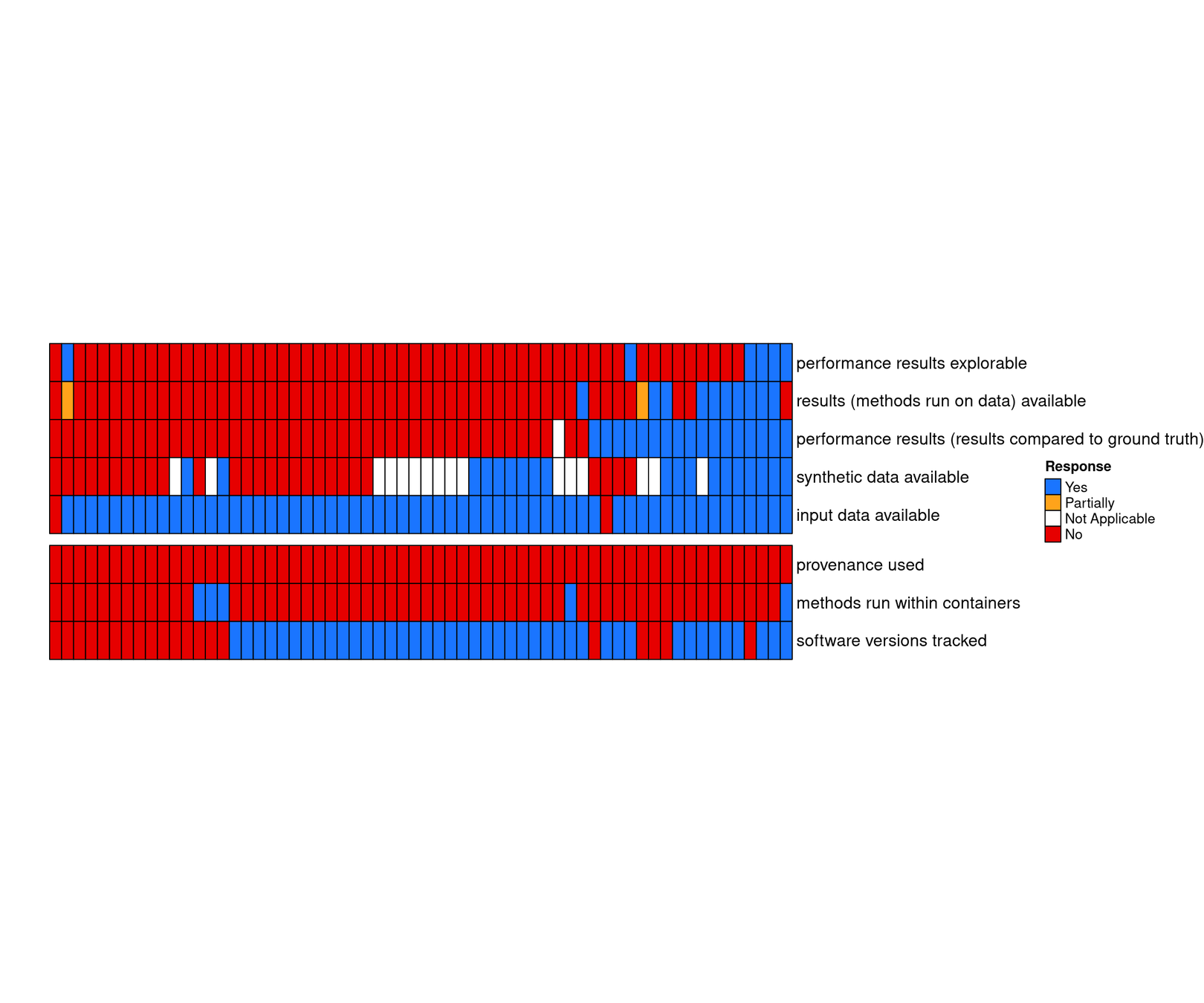
Open and continuous benchmarking
Data
inputs
simulations
results
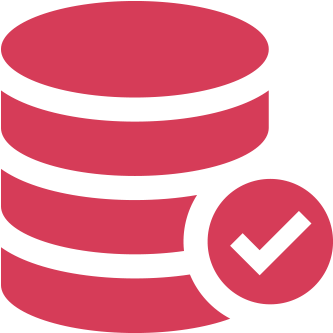
Reproducibility
versions
environments
workflows

scale
comprehensive
continuous
Code
available
extensible
reusable

currently part of most benchmarks
not part of current standards

Omnibenchmark:
Design and basic concepts
A platform for collaborative and continuous benchmarking
Method developer/
Benchmarker
Method user
Methods
Datasets
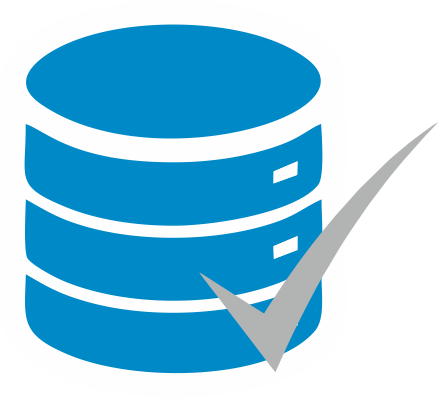


Metrics
Omnibenchmark
Goals:
- continuous
- software environments
- workflows
- all "products" can be accessed
- anyone can contribute
Design: Benchmark modules
Data
standardized datasets


= 1 "module" (renku project )

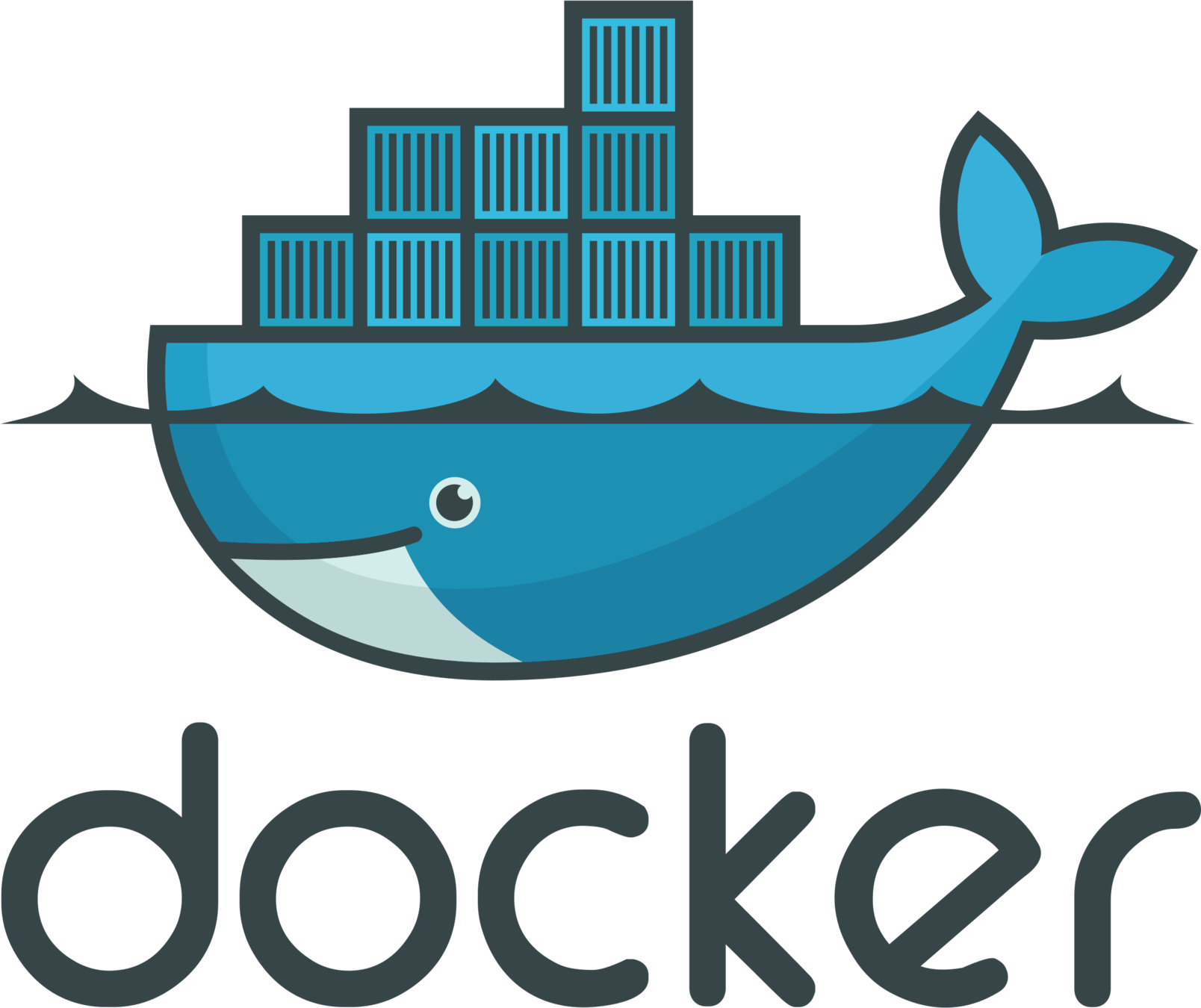

Methods
method results

Metrics
metric results

Dashboard
interactive result exploration
Method user
Method developer/
Benchmarker

Hands on: Iris-example

Omnibenchmark:
Module coordination and user roles
Omnibenchmark components
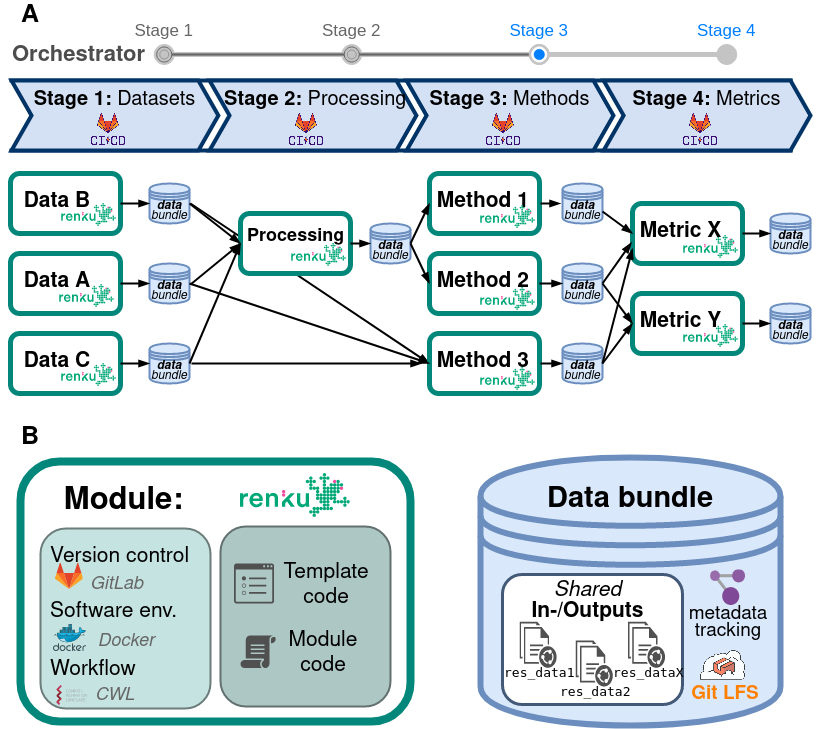

GitLab

Docker

Workflow

Module:
Template code
Module code

modules are connected through data bundles
Data X

Data y

Data Z



= 1 "data bundle" (data files + meta data)
= 1 "module" (renku project )






process

Method 1

Method 2


Method 3

Benchmark runs are coordinated by an Orchestrator
Data X

Data y

Data Z

process




Method 1

Method 2

Method 3



Orchestrator
Data bundles are identified by Knowledge graph queries
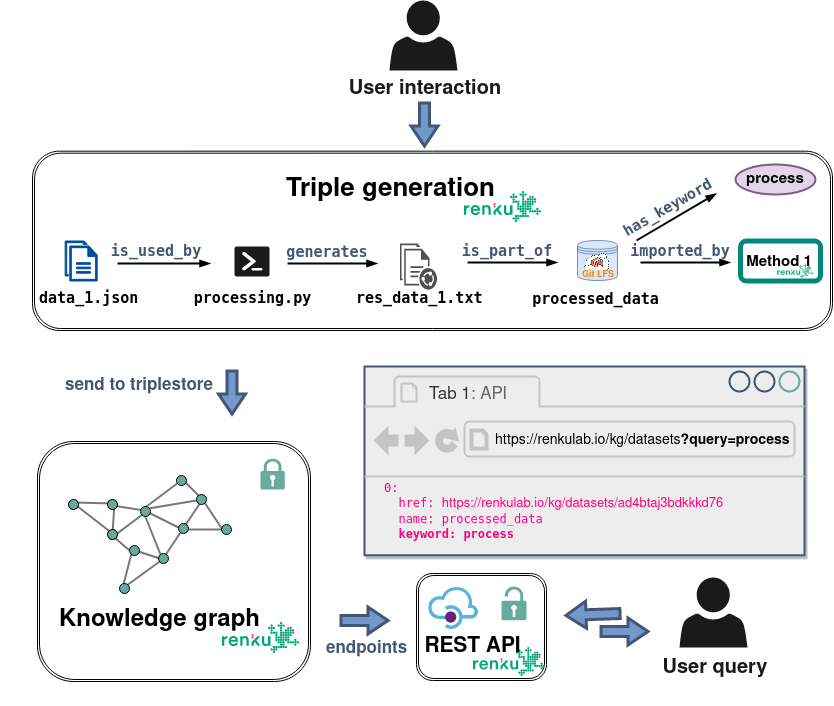
Omnibenchmark user I
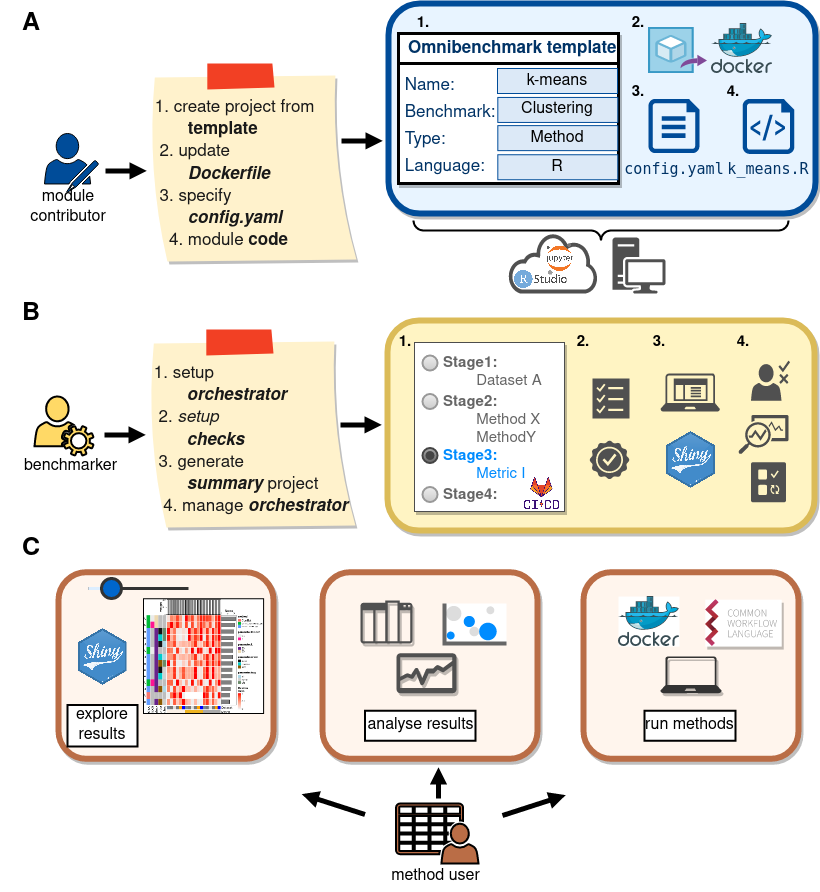
Omnibenchmark user II

Omnibenchmark user III

BC2 workshop
By Almut Luetge
BC2 workshop
- 326



